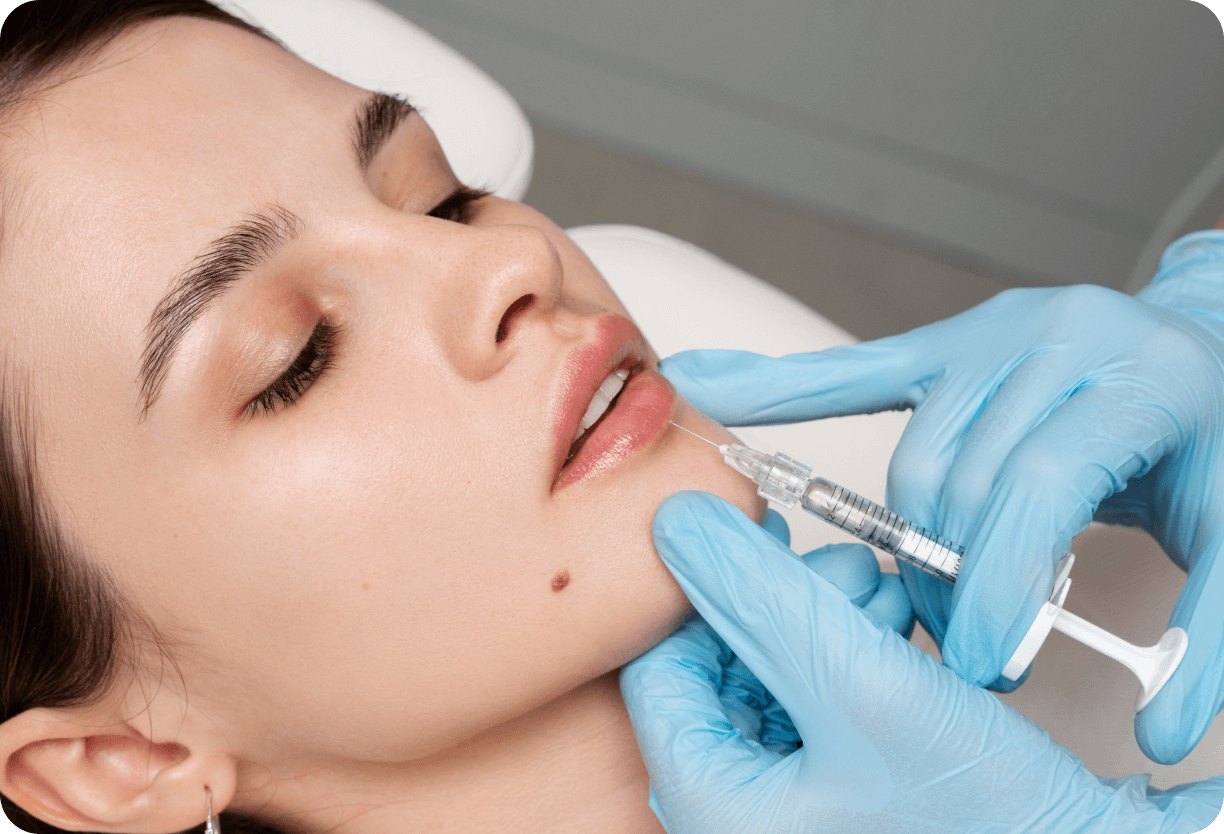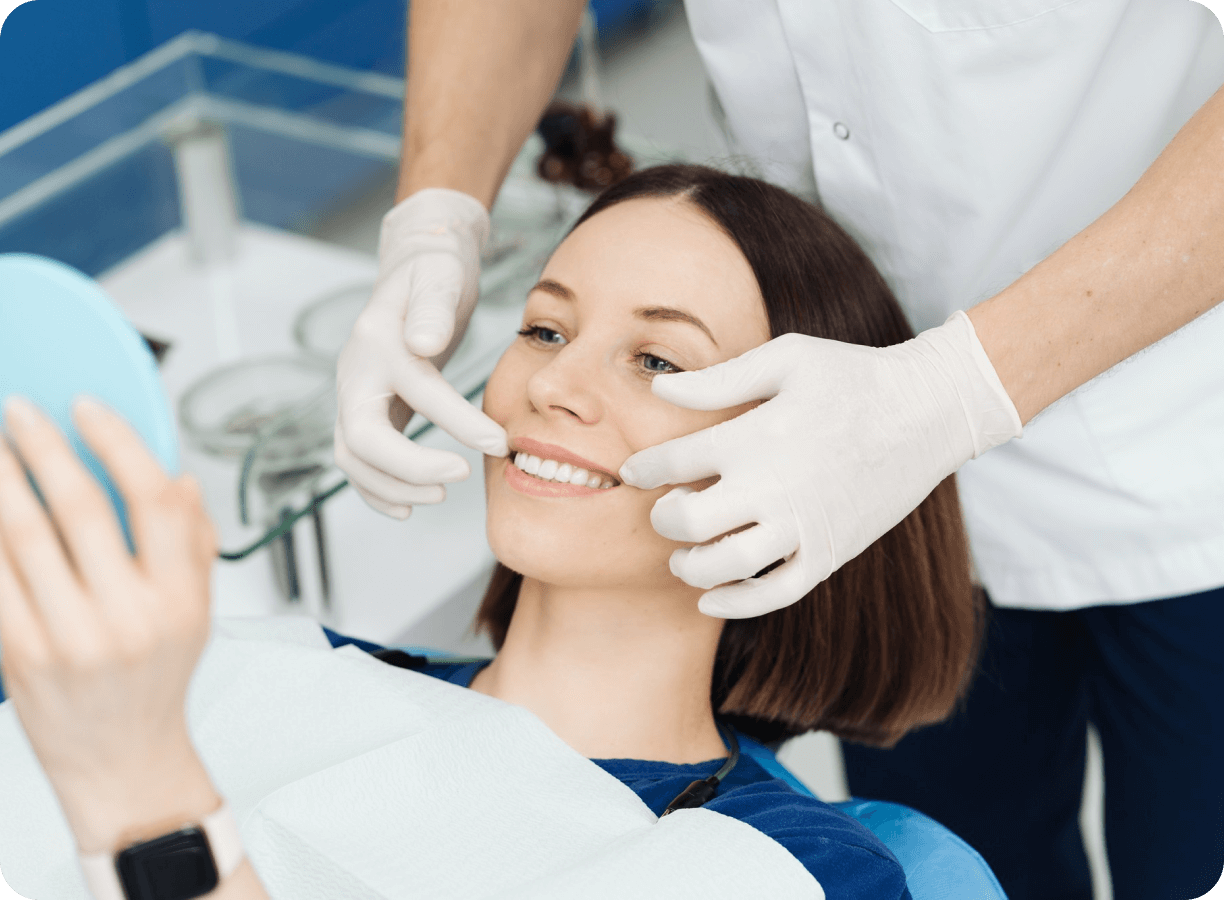Botox® is commonly used in cosmetic surgery, however, more recently, TMJ specialists have been exploring its use for treating disorders and dysfunctions related to the temporomandibular joint. There are a number of treatment options for addressing TMJ, including at-home remedies, as well as more extensive procedures such as surgery. Botox® falls in the middle, being more involved than a simple ice pack or over-the-counter medication, but not as invasive as a surgical procedure.




Discover the passion and commitment that drives our dental team

Dr. Adam Kwiatkowski, a graduate of the University of Illinois at Chicago College of Dentistry, has received multiple awards for his outstanding achievements in cosmetic and implant dentistry. He is a recipient of the International Congress of Oral Implantologists’ Pre-doctoral Student Achievement Award and a member of the Omicron Kappa Upsilon National Dental Honor Society.

Dr. Hearne, originally from Las Vegas, was inspired to become a dentist at the age of 12 by a close family friend who was a renowned dentist. With a foundation in customer service and excellence from his early career in the hotel industry, Dr. Hearne was further inspired to become a compassionate caregiver for his patients after the passing of his younger brother to cystic fibrosis at the age of 7.

I was born in Ogden, Utah and always knew I wanted to pursue a career in healthcare. After serving an LDS mission in South Africa and getting married, I studied biology at Weber State University and attended the prestigious Creighton University School of Dentistry in Omaha, Nebraska. There, I received multiple awards for clinical excellence before settling down in St. George with my family.

Tuesdays by appointment only